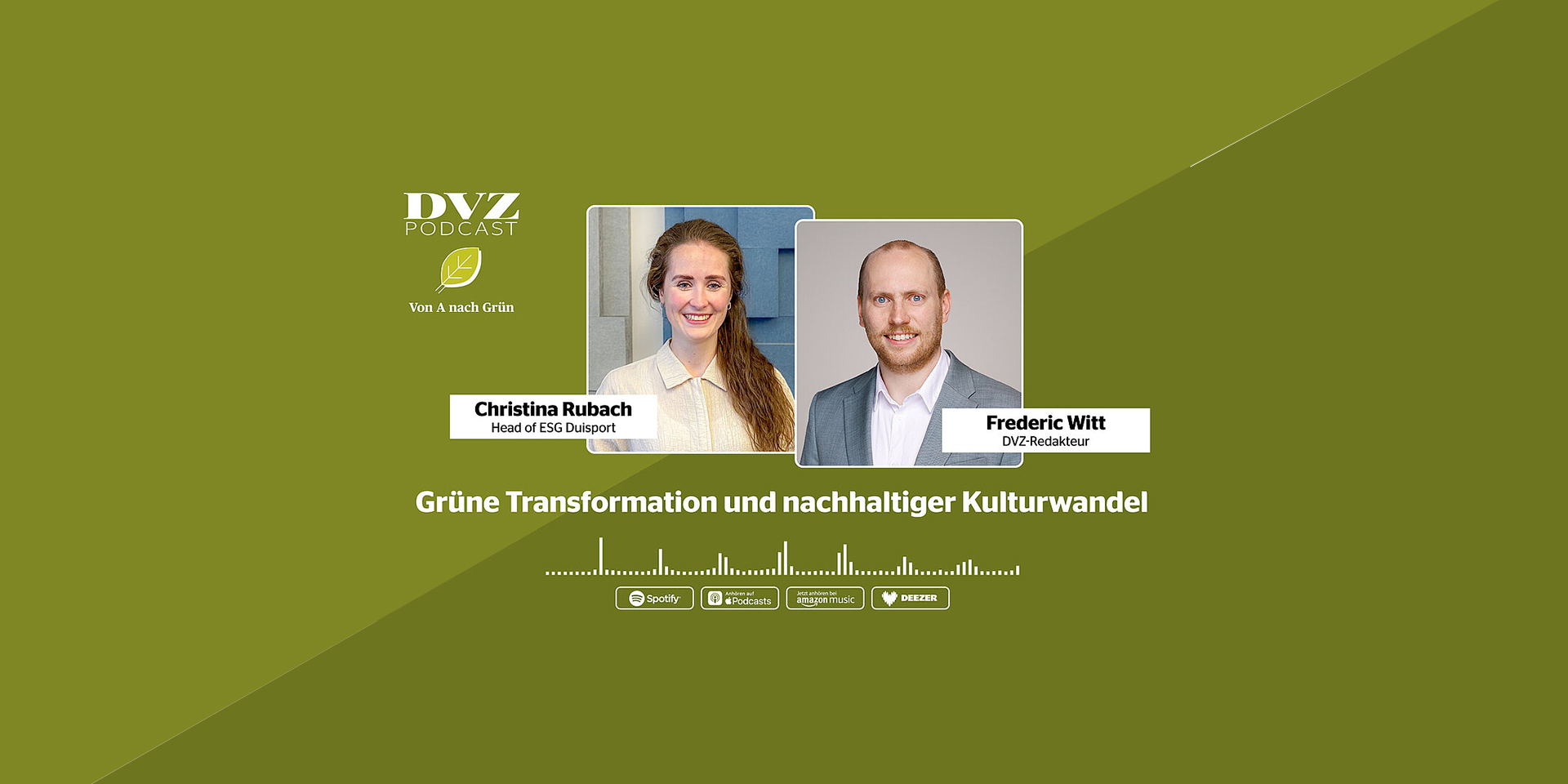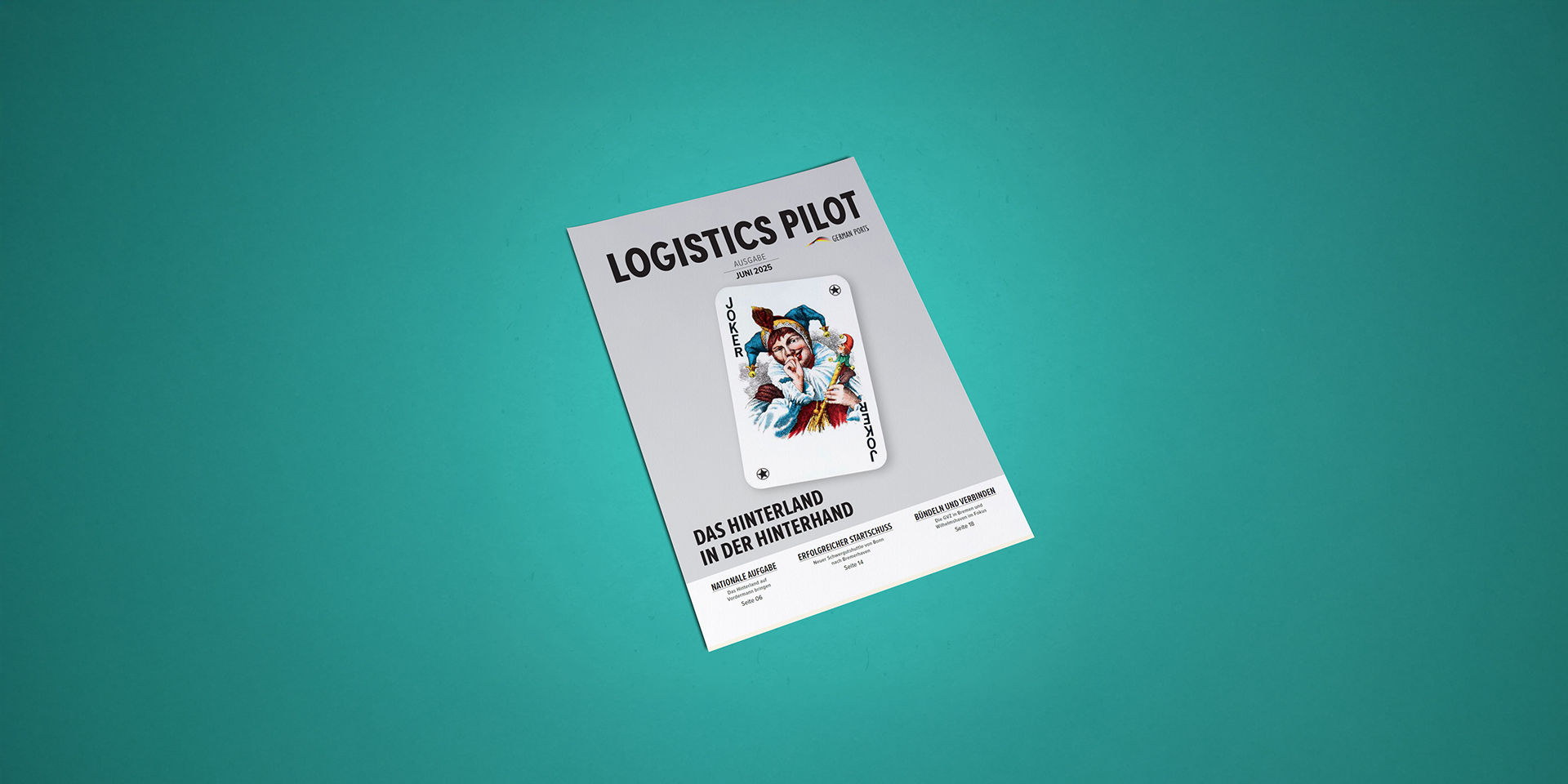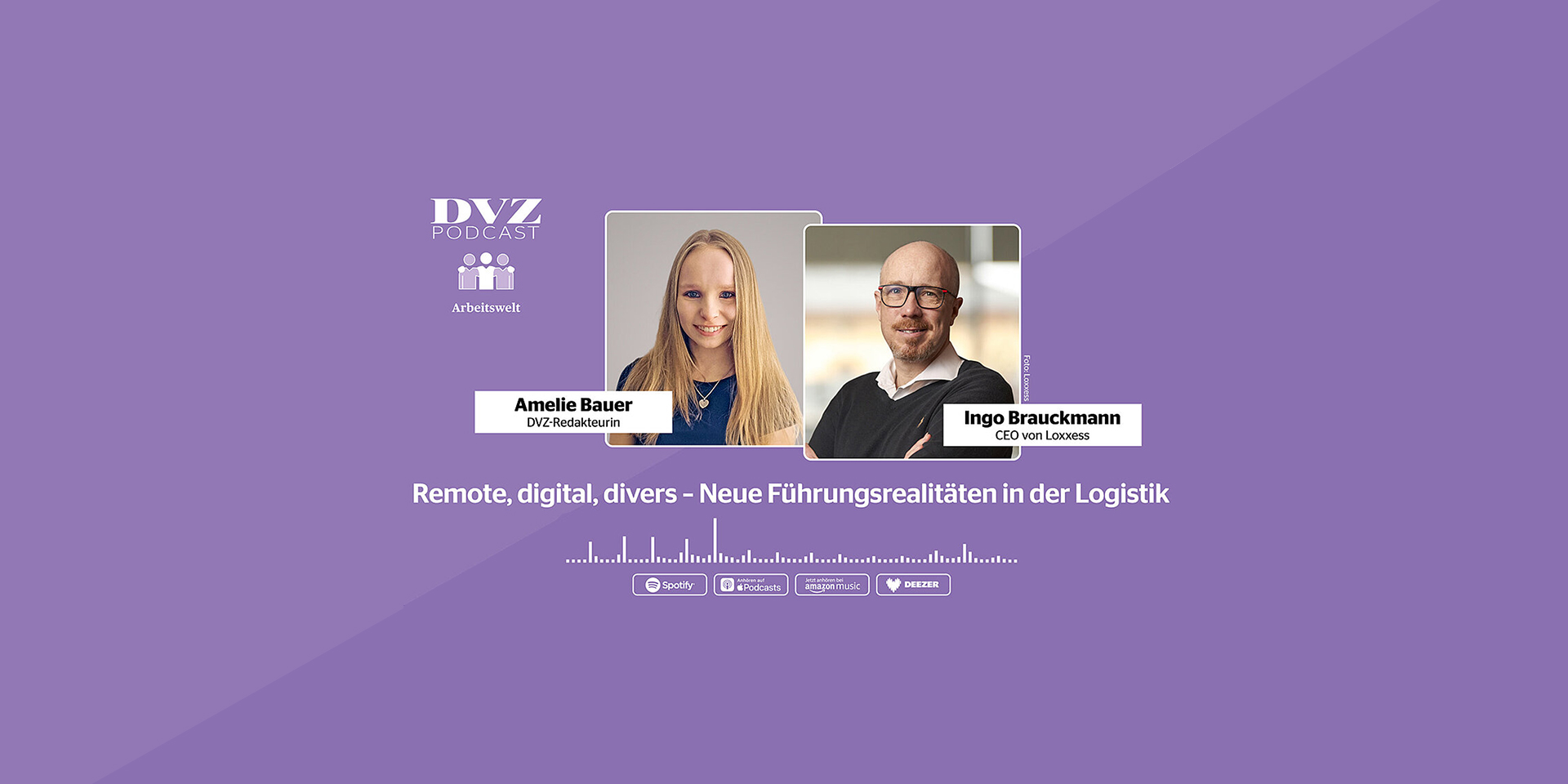The German Logistics Congress has been the networking event for all top executives in logistics and supply chain management for decades. As every year, DVZ reports live from the congress and conducts interviews with industry players and other experts on the red sofa.
This year, former Formula 1 champion Nico Rosberg will be the guest speaker at the German Logistics Congress (DLK), which will be held in Berlin from October 19 to 21. Rosberg will explain the role technology plays in sustainability strategies on Friday. Start-ups and small and medium-sized enterprises play an important role here.
The motto of the event this time is “Supply Chains matter”. Federal Minister of Transport Volker Wissing will deliver a keynote address on this topic on Wednesday at noon. Supply chains are under pressure, and even if they have relaxed somewhat recently, making their value networks resilient is one of the most important tasks facing business. Logistics is not only the backbone of the economy, but of society as a whole, as Prof. Thomas Wimmer, Chairman of the Board of the German Logistics Association (BVL), puts it.
The slogan “Supply Chains matter” is meant to illustrate that the current crises such as the Corona pandemic and the Russian war of aggression in Ukraine will not be the last. On the contrary, the economy and society will always face new challenges as a result of new crises. This is the new normal.
One of these challenges is the decarbonization of the economy. Prof. Katja Windt, Member of the Executive Board of SMS Group and Member of the Board of BVL, will explain how industrial value chains can be transformed by decarbonization technologies. In this context, the control of energy consumption is also of crucial importance. One buzzword in this context is “industrial photosynthesis”.
Sustainability is now also a strategic cornerstone in the automotive industry. The industry is currently undergoing a transformation, triggered by alternative drives. In her presentation on Wednesday morning, Barbara Frenkel will explain how Porsche, the automobile manufacturer, is strategically positioning itself in the face of pressure to change. The Chief Procurement Officer sees a responsibility of the manufacturers for society and the environment. In the future, this must be in harmony with the fascination for sports cars.
Prices for special achievements
The motto of the congress will then also be the focus of the panel discussion on the first day. Against the backdrop of some major influences such as digitalization, automation, climate change, pandemic, energy crisis and geopolitical tensions, global supply chains are currently under scrutiny. Single sourcing versus dual sourcing and deglobalization versus regionalization, are poles that currently dominate public discourse. What conclusions can be drawn from the experiences of the past two and a half years? Klaus Buchwald, Infineon Technologies, Armin Köller, Metro Logistics, Christine McKechnie, Coupa Software, and Marie Niehaus-Langer, EOS Electro Optical Systems talk about it.
Traditionally, the German Logistics Award is presented at the DLK. Wednesday night it’s that time again. The celebration will take place at the Interconti Congress Hotel. On Wednesday, the finalists for the Science Award will also present their work. It’s all about freight management, robotics and demand management. Intelligent new methodical approaches are to be expected. The award ceremony will then follow on Thursday.
The second day of the congress will focus on concrete strategies for supply chain resilience, purchasing logistics services, supply chain due diligence and the future of port locations. Another key topic is the use of artificial intelligence (AI) in logistics. AI has the potential to fundamentally change some areas of logistics – especially where a great many calculations need to be made simultaneously. The control of autonomous transport systems is one example. The DLK will show where AI is already being used in logistics.
Despite all the mechanization and automation, people remain important in logistics. Therefore, one sequence is dedicated to the question of how the business sector can make its job profiles fit for the future. Questions regarding appropriate appreciation, attractiveness of professions and culture change in companies will be discussed in the form of a fishbowl.
Incidentally, the master classes and innovation pitches are new formats at the congress. In the masterclasses, participants can take responsibility for the content in 45-minute sessions. During the Innovation Pitches, participants present their ideas and solutions in short 10-minute presentations.
Thematic variety in different formats with experts from many business sectors: There should be no lack of variety this year at the German Logistics Congress.
Text: Robert Kümmerlen, DVZ
The complete program of the German Logistics Congress can be found here.




